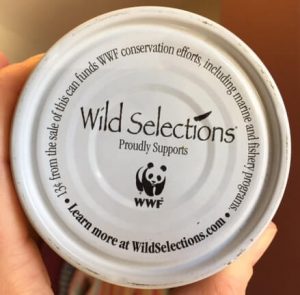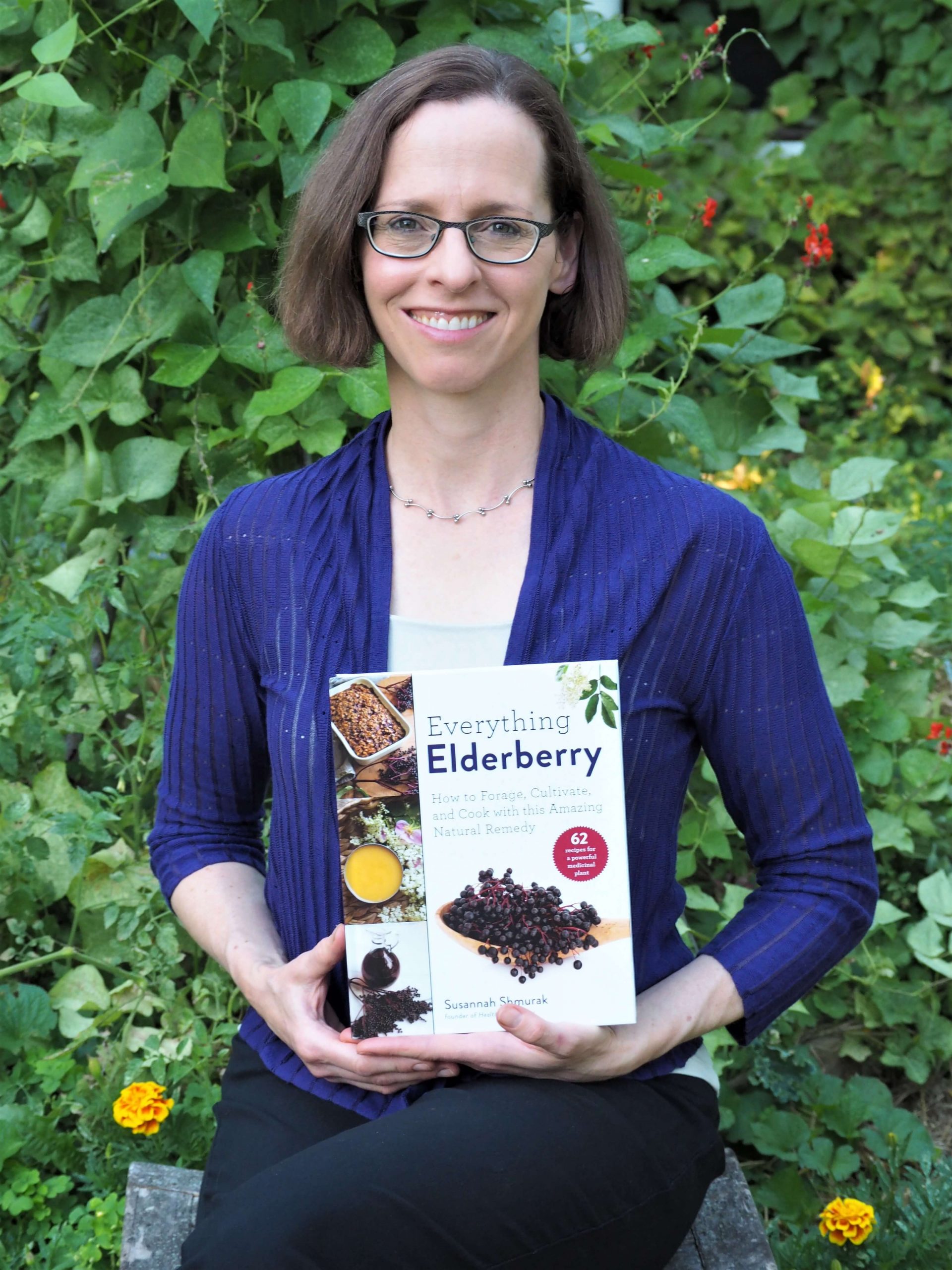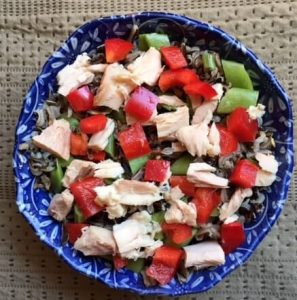Last Updated on September 10, 2021
Thank you Wild Selections® for sponsoring this post. Click here to learn more about Wild Selections®, the only full line of Marine Stewardship Council (MSC) certified sustainable seafood that gives back to our oceans, ensuring a fish-full future.
Finding Sustainable Seafood
As I’m sure you’re aware, our food choices make a huge difference to the health of the planet. We don’t always think about sustainability when we’re shopping for food, but we need to if we want to try to reverse some of the damage our past choices have made.

The Marine Stewardship Council has developed a seal for packaged fish to help make consumers’ choices easier. When you see this symbol, you know you’re buying fish from sustainably-managed fisheries that prevent overfishing and minimize the environmental impact of fishing.
Wild Selections® Tuna is MSC certified
Is tuna a staple in your house? Wild Selections® products are Marine Stewardship Council certified, the only full line of MSC-certified sustainable seafood, so you know your tuna came from well-managed fisheries. Wild Selections wisely doesn’t put short-term profits ahead of the “fish-full future” that’s in all of our best interests. Their tuna is also Non-GMO Project verified. I’m always happy to see businesses taking the important long-term perspective we need to see more of.
Additionally, Wild Selections donates 13 cents from every can sold to World Wildlife Fund (WWF) marine conservation and fishery improvement projects. The WWF is behind numerous efforts to conserve and restore endangered marine habitats and promote sustainable fishing practices worldwide. Wild Selections has committed to donating a minimum of at least $1 million by 2018 to these projects. Nice!

Wild Selections is available in many grocery stores as well as on Amazon. Find out more about Wild Selections on their website, and use the store locator to find it for sale near you. They even have some informative You Tube videos.
Check out this helpful infographic from Wild Selections about the importance of making global fishing practices more sustainable:
What to do with your sustainable tuna
Tuna’s a pretty versatile and cost-effective ingredient. One can of tuna provides 26 grams of protein and only 120 calories, as well as fatty acids beneficial to health and brain function. If you’re a tuna fan, think beyond the tuna salad and sliced-bread sandwich.
My mother-in-law used a can of Wild Selections tuna in a tasty salad with mixed lettuces, peppers, and hard-boiled eggs (above). You might try layering tuna with your favorite veggies in a whole-grain pocket or a roll-up. I like cucumber, red pepper, and avocado with whole-grain mustard myself.
Or get creative with those leftovers in your fridge. I mixed another can of Wild Selections tuna with some leftover wild rice, diced red peppers, and snap peas, but you could use any grain and veggies you have on hand. Toss with some oil and vinegar or your favorite salad dressing and you have a satisfying meal or side dish.
Seafood and Health
The latest FDA guidelines recommend getting a variety of seafoods because of their impressive benefits for brain development and function. Many of us have avoided seafood because of concerns about heavy metals, especially mercury, but nutritionists are now advising that the benefits of eating seafood outweigh the risks of mercury, and there are many low-mercury fish options to choose from. (Here’s a handy graph from the FDA listing mercury levels in many popular types of fish.)
The FDA still advises pregnant women and young children to avoid shark, tilefish from the Gulf of Mexico, king mackerel, and swordfish, which contain much higher amounts of mercury than other seafoods. The Monterey Bay Aquarium has a handy guide and app to help you make informed choices and find seafood that has the smallest impact on the environment and the least contamination. (Note that some fish will appear in more than one column — you have to pay attention to whether the fish was wild-caught or farmed in some cases, as some farmed fish have chemical contaminants you want to avoid.)
How do you enjoy your fish? Do you think about sustainability when you shop? Share your thoughts in the comments!
Photo credits: Ocean shot — Soul Riser via Flickr; salad — Annette Jarman (the rest by yours truly) 🙂
I was selected for this opportunity by Clever Girls and the content and opinions expressed here are all my own.

Susannah is a proud garden geek and energy nerd who loves healthy food and natural remedies. Her work has appeared in Mother Earth Living, Ensia, Northern Gardener, Sierra, and on numerous websites. Her first book, Everything Elderberry, released in September 2020 and has been a #1 new release in holistic medicine, naturopathy, herb gardening, and other categories. Find out more and grab your copy here.






 Hi, I'm Susannah, a garden geek, energy nerd, and fan of healthy food and natural remedies. Need some simple, practical solutions for living healthier and greener? You've come to the right place! More about me and my green projects
Hi, I'm Susannah, a garden geek, energy nerd, and fan of healthy food and natural remedies. Need some simple, practical solutions for living healthier and greener? You've come to the right place! More about me and my green projects